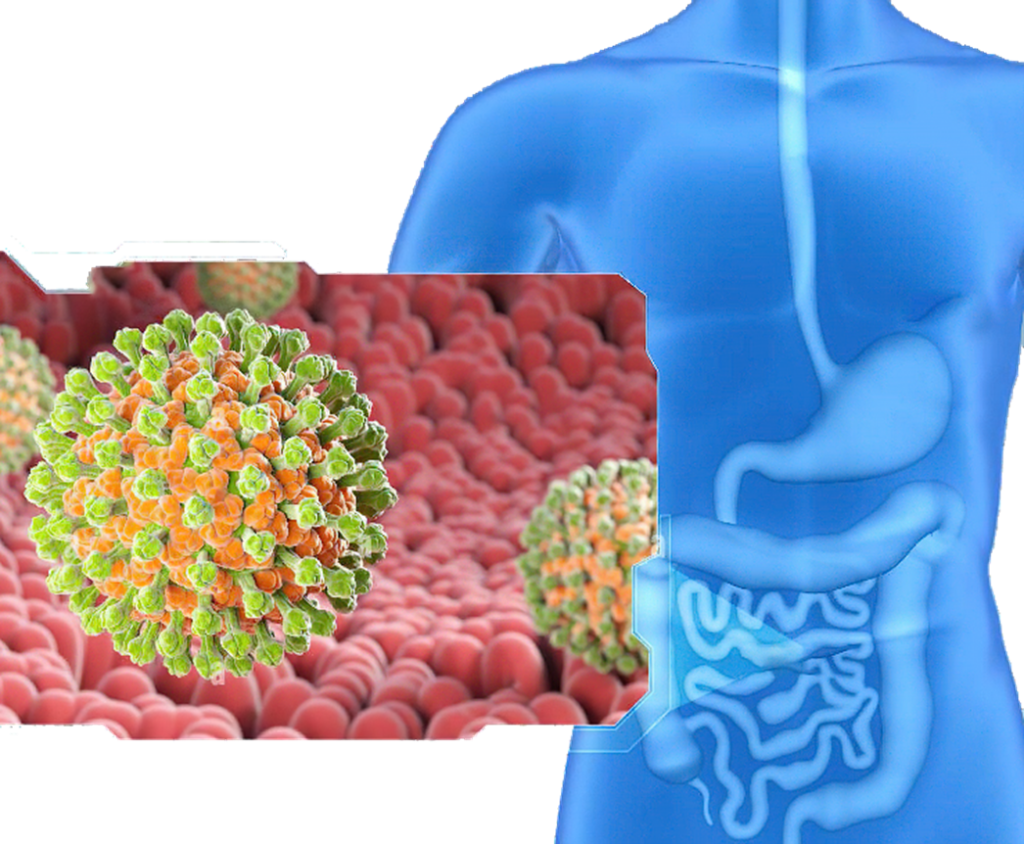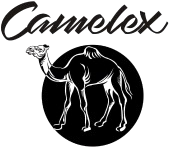MEDICAL BENEFITS
MEDICAL VALUES
DIABETES
Diabetes mellitus type 1 caused by autoimmune destruction of insulin-producing beta cells of the pancreas or malfunction of the receptors for insulin on the cell surface. Camel milk contains tissue repairing proteins that is helpful in curing the problem. It is a rich source of insulin like proteins that act as regulatory and Immune modulatory agents on cells.
A recent study has proven that camel milk can be used as an adjunct to insulin therapy as it appears to be safe and efficacious in improving long-term glycaemic control and also helps in the reduction of insulin requirement in type 1 diabetic patient. The long-term study was undertaken to assess the efficacy, safety and acceptability of camel milk as an adjunct to insulin therapy in type1 diabetics.


Lactose intolerance
It appears that camel milk has a positive effect in children with severe food allergies. The reactions are rapid and long lasting.
Camel’s milk can used as an option for the individual’s intolerant to lactose of cow’s milk. Camel milk contained low lactose of small molecules and easily digests and metabolized by the human body. Individuals’ intolerant to lactose are able to accept camel milk without adverse symptoms.
HEPATITIS
Scientific publications have shown that camel milk cures both hepatitis B and hepatitis C. The special fat in camel milk soothes liver and has beneficial action on chronic liver patients. There is also a possibility that the relatively high concentrations of ascorbic acid in camel milk helps in improving liver function. Subsequent studies have shown that camel lactoferrin markedly prevents hepatitis C virus genotype 4 to enter into the cell and cause infection. Additionally, camel lactoferrin is more potent anti-viral agent than bovine and human lactoferrins, even its anti-parasitic action can clear Schistosoma Mansoni.


Immune system of camel is stronger than that of human and the small immunoglobulins pass from the camel milk into the human blood. As immunoglobulins are found in camel milk throughout lactation, drinking milk will provide a tool for combatting autoimmune diseases by rehabilitating the immune system rather than is depression.
IMMUNE SYSTEM
Came milk contains antimicrobial enzymes (lactoferrin and Lactoperoxidase) protective protein like caseins, stronger immune system and smaller immunoglobulins than other ruminants. According to the studies camel milk has stronger bacteriostatic effect against both pathogens E. Coli and L. monocytogenes.
Camel milk has been noted to have medicinal properties treating tuberculosis. Study conducted on the effect of camel milk on multiple drug resistance patients with tuberculosis concluded that camel milk can act as an adjuvant nutritional supplement in MDR patients.
TUMOUR
More recent literature claims that series of vitro experiments succeed in demonstrating that camel milk can stop the growth of tumour cells and malignant cells such as hepatocellular carcinoma, colon carcinoma, human glioma cells, lung cancer cells and leukemic cells. There are a number of tumours which can be cured with camel milk; very active antibodies bind onto the tumours, killing the tumour cells without damaging healthy tissue. It is also revealed that anti-tumour properties of camel milk are due to strong antimicrobial and anti-oxidative activities that help in reduction of liver inflammation and camel milk is rich with nutrients that are required for healthy liver function. Conversely, camel milk also shown to have potential thrombolytic action, as it causes inhibition of coagulation and fibrin formation which in turn hinders the spread and growth of metastatic tumour cells.


ALLERGIES
Researchers confirmed that camel milk does not contain the allergens which are present in ruminant milk. So, camel milk is recognised as a good substitute for human milk as it does not contain ß-lactoglobulin, a typical milk protein characteristic of ruminant milk.
Another fact is that the components of camel milk include immunoglobulins similar to those in mothers’ milk, which reduces children’s allergic reactions and strengthen their future response to foods. It appears that camel milk has a positive effect in children with severe food allergies. The reactions are rapid and long lasting.
Camel’s milk can used as an option for the individual’s intolerant to lactose of cow’s milk. Camel milk contained low lactose of small molecules and easily digests and metabolized by the human body. Individuals’ intolerant to lactose are able to accept camel milk without adverse symptoms.
ULCER
Camel milk has been proved to have pronounced antiulcer properties. Nonetheless, it contains high levels of vitamins C, A, B2 and E (acidic pH) and is very rich in magnesium and zinc. These vitamins are useful in reducing the oxidative stress caused by toxic agent and Magnesium is very essential for absorption and metabolism of vitamins, B, C and E. Additionally, magnesium is essential for biosynthesis of glutathione; prevents damage to cellular components caused by free radicals, peroxides, heavy metals. Magnesium significantly enhances the antioxidant defence..
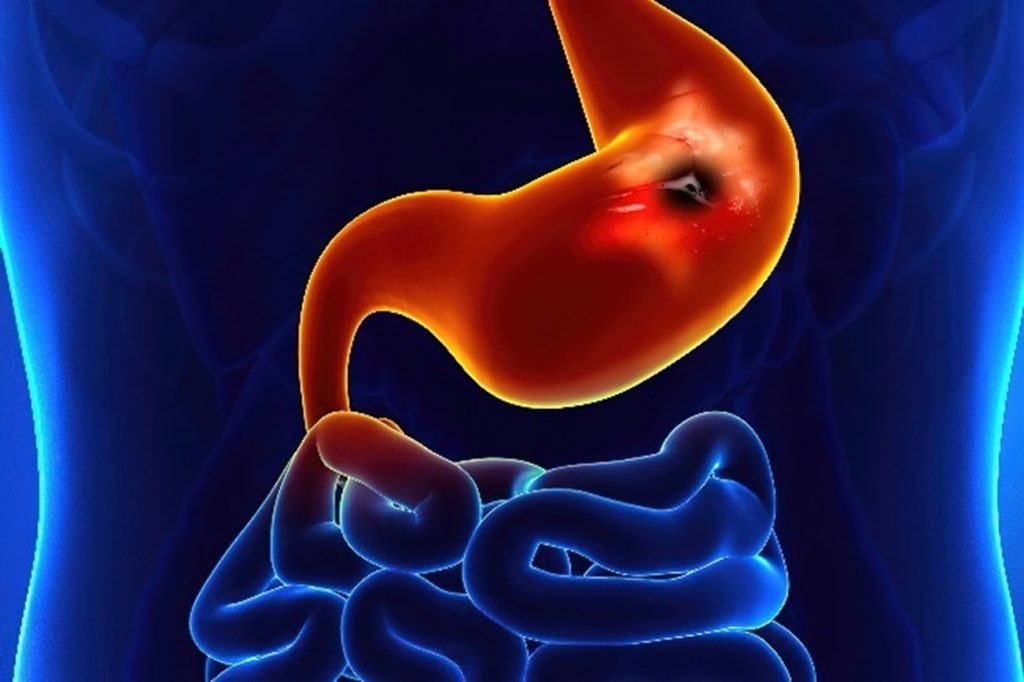
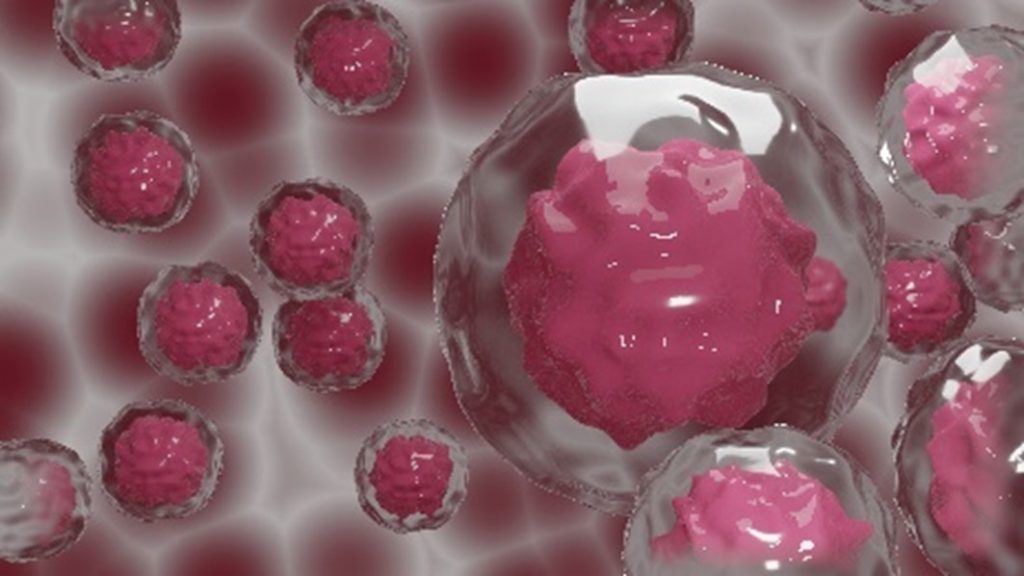
CANCER
It has been confirmed that lactoferrin has the ability to inhibit the proliferation of cancer cell in vitro, and repair of DNA damage. The main iron binding protein of camel milk, lactoferrin is potent for 56% reduction of cancer growth. Camel milk induces apoptosis in HepG2 and MCF7 through apoptotic and oxidative-stress-mediated mechanisms. It has antigenotoxic and anticytotoxic effects through inhibition of MnPCEs and improves the mitotic index of bone marrow cells.
AUTISM
Autism is a general term for a group of complex disorders of brain development. The ETIOLOGY of many autistic cases is based primarily on autoimmune disease, affecting an intestinal enzyme responsible for the formation of amino acids from the milk protein casein.
The most prominent cerebral symptoms are caused by a malfunction in the formation of amino acids from two caseins in cow milk, beta-casein and beta-lactoglobulin. Instead, a powerful opioid, casomorphins, is formed. This opioid elicits the cerebral symptoms of the autism syndrome due to brain damage. However, camel milk does not contain the two caseins that form casomorphins so autism symptoms do not develop by the use of camel milk. In addition, camel milk contains protective proteins, including immunoglobulins necessary for initiating the immune system and nutritional advantages for brain development. Furthermore, camel milk has emerged to have potential therapeutic effects in autism.
Study evaluated the effect of camel milk consumption on oxidative stress biomarkers in autistic children, by measuring the plasma levels of glutathione, superoxide dismutase, and myeloperoxidase before and 2 weeks after camel milk consumption, using the ELISA technique which stands for enzyme-linked immunosorbent assay. All measured parameters exhibited significant increase after camel milk consumption. These findings suggest that camel milk could play an important role in decreasing oxidative stress by alteration of antioxidant enzymes and non-enzymatic antioxidant molecules levels, as well as the improvement of autistic behaviour as demonstrated by the improved childhood autism rating scale (CARS).
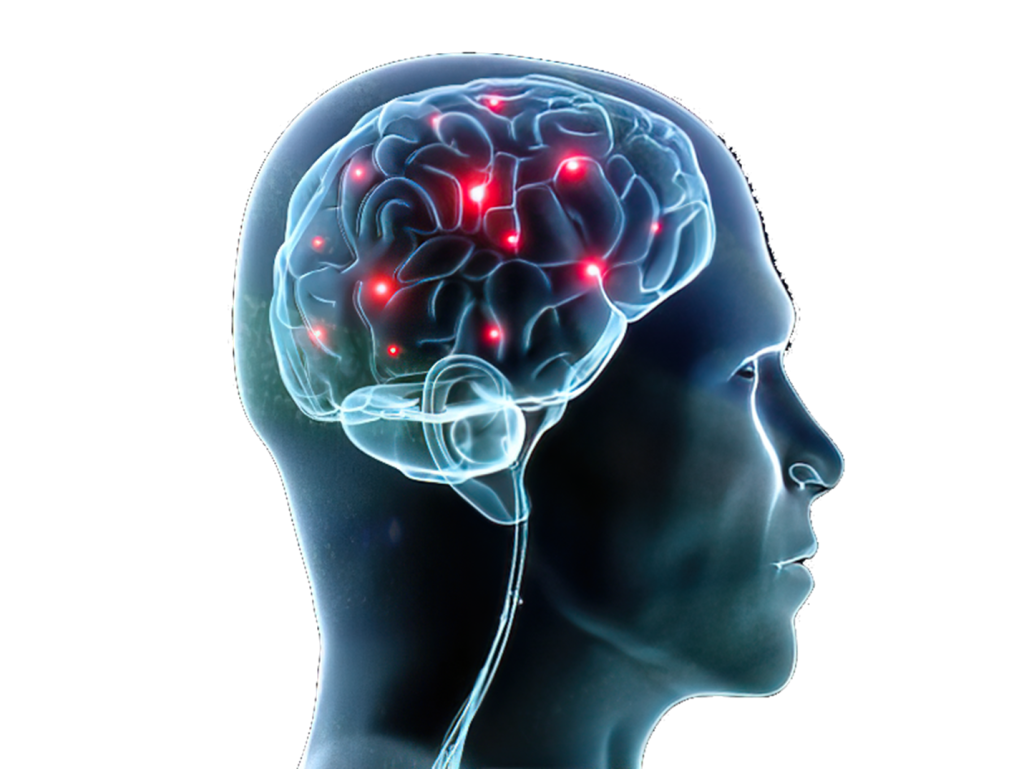
The consumption of camel milk in children suffering from autism showed reduction in autism symptoms and improved motor skills, language, cognition, joint coordination and skin health. It has been observed that children drinking camel milk have had amazing improvements in their behaviour and diets.
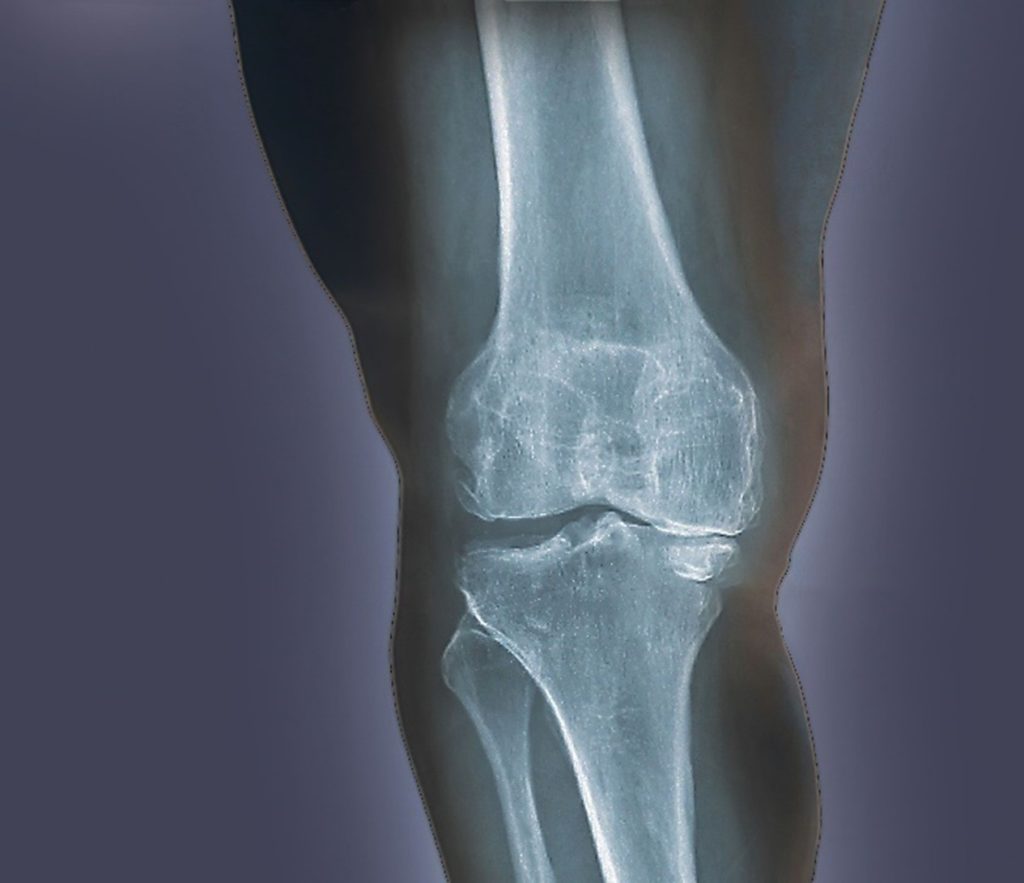
ARTHRITIS
Camel milk has higher amount of iron chelating protein known as lactoferrin. This protein removes free iron from joints of arthritic patients thereby improves arthritic.
DIARRHEA
Camel’s milk contains a number of protective proteins like lactoferrin, lactoperoxidase, NAGase and PGRP that exert immunologic, bactericidal and viricidal properties. Among the protective proteins in camel milk lysozyme, lactoferrin, LP and PRP have antibacterial action as well as high titers of antibodies against rotavirus, and they impact on the immune system. It should be noted that rotavirus is the most common cause of diarrhoea in children under 5 years old. Since camel milk is rich in anti-rotavirus antibodies the diarrhea subsides.
